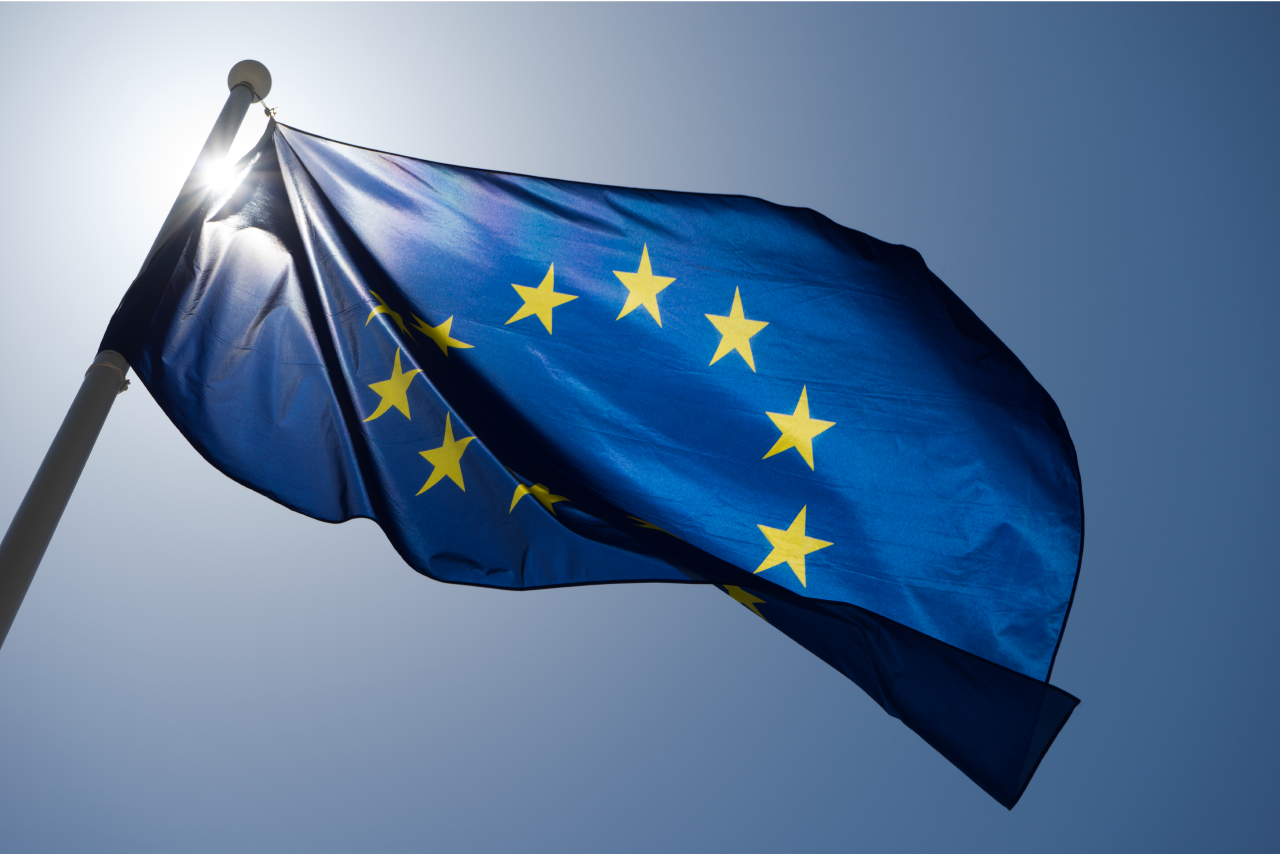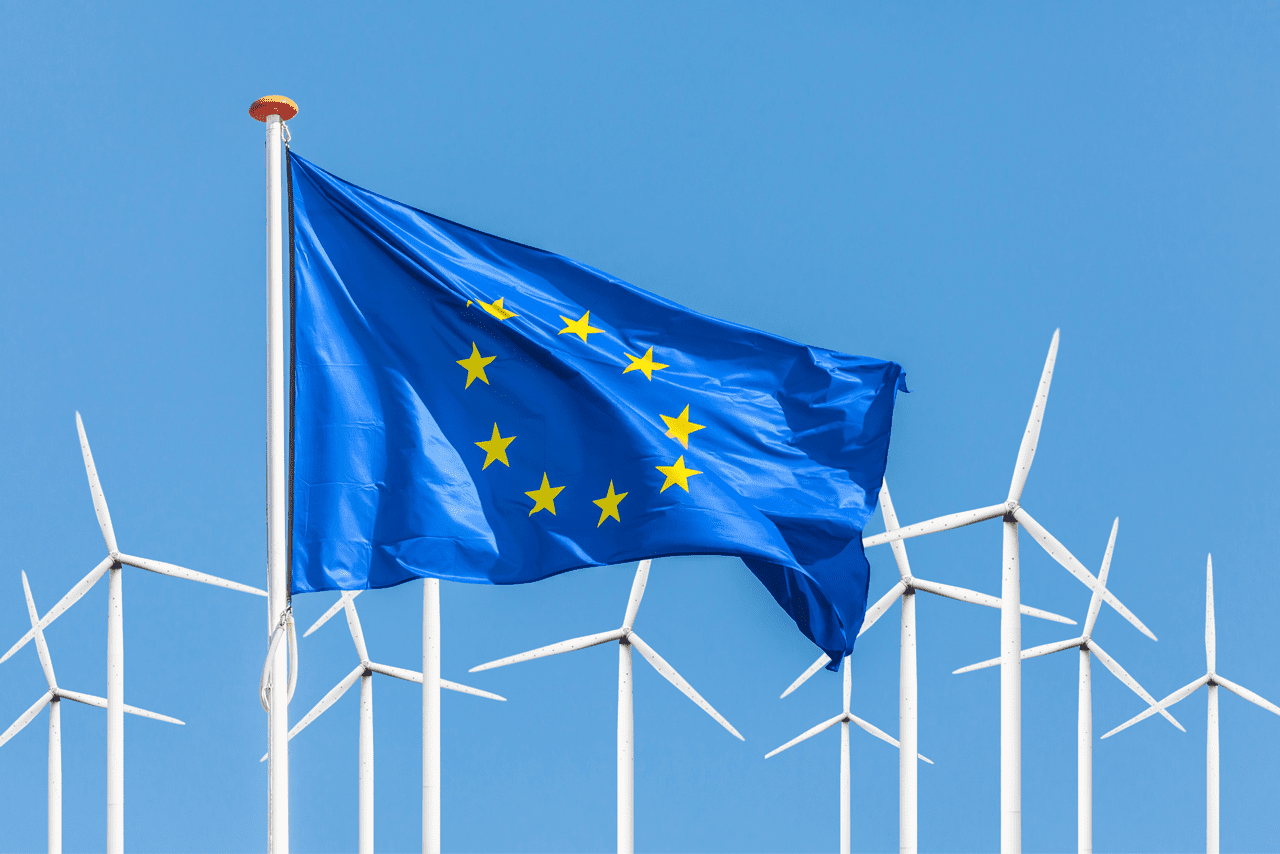Net-zero ideals are no longer limited to paperwork as nations across the world are actively extending their resources to meet their carbon-neutral goals. As we witness the latest news regarding sustainability or ESG worldwide; a prime focus falls on the continent of Europe.

ESG trends and ESG regulationsEurope's commitment to ESG
Net-zero ideals are no longer limited to paperwork as nations across the world are actively extending their resources to meet their carbon-neutral goals. As we witness the latest news regarding sustainability or ESG worldwide; a prime focus falls on the continent of Europe.
In Europe, ESG regulations are primarily implemented at the national level, with individual countries setting their standards and requirements. However, several regional and international initiatives aim to promote ESG practices across the European Union (EU). This is done to facilitate a world where profits do not outweigh the environmental toll.
Starting from the early 2000s till last year, the European Union has been busy formulating and reinventing several directives. Let us trace this journey below.
Milestones across the European ESG landscape
This section will touch upon the various key reforms, directives, and strategies that the EU has enforced for the greater good.
2001 - EU Sustainable Development Strategy (EU SDS)
The EU Strategy for Sustainable Development (EU SDS) of 2001 was first formulated during the 2001 Gothenburg European Council. The primary aim of this strategy was to achieve a continuous improvement in the quality of life for present and future generations.
To meet its goals, this strategy supplemented the Lisbon Strategy, which was an action and development plan for the economy of the European Union between the period 2000 and 2010. The Lisbon Strategy was utilized to supplement growth and jobs by including the sustainable agenda in the political decisions and actions.
Thereafter in 2004, a new commission worked towards accessing the developments made by the EU SDS which led to several alterations.
2006 - 2006/43/EC – Revised Sustainable Development Strategy
The new commission reviewed the strategy and understood that while the EU SDS was good on paper, the implementation lacked focus. To counter the worsening changes, the commission introduced the Revised Sustainable Development Strategy.
The revised EU-SDS put forth a mandatory framework for all the EU member states. It also included cross-cutting measures, economic instruments, implementation, and monitoring mechanisms.
The revised EU SDS also shared a concrete action plan for seven key challenges in sustainable development. These seven challenges are:
- Climate change and clean energy
- Sustainable transport
- Sustainable consumption and sustainable production
- Conservation and management of natural resources
- Public health
- Poverty and sustainable development
- Social inclusion, demography, and migration
2013 - 2013/34/EU – Accounting Directive of the European Parliament
Adopted by the European Parliament in 2013, the Accounting Directive amended the previous Directive to establish a single set of high-quality accounting standards to be used by businesses when preparing their annual and consolidated financial statements.
The Accounting Directive issued requirements for enterprises in the public sector undertakings, listed companies, and credit institutions. These requirements were crucial, and organizations had to follow them for the preparation, presentation, consolidation of financial statements, and much more.
In retrospect, the Directive’s various measures to recognize and measure financial statements also meant that they reduced the comparability of the information published in financial statements.
2018 - Directing 2014/95/EU –Non-Financial Reporting Directive(NFRD)
The Non-Financial Reporting Directive came into effect across all EU member states in 2018. It helped European enterprises bring transparency and accountability to their environmental, social and governance issues.
The NFRD required businesses to publish a non-financial report on their ESG performance together with their annual management report. Once done, the NFRD would evaluate the non-financial performance to help implement a sustainable change into their business approach.
Then, 11 December 2019 saw new updates on the NFRD with the help of the views collected from stakeholders across the world. As per Plan A.earth, NFRD applied to approximately 11,700 organizations and groups across the Europe Union. These include corporations and public-interest companies such as insurance corporations.
With growing demands and constant change, the NFRD has been said to be amended by the Corporate Sustainability Reporting Directive (CSRD).
2020 - EU taxonomy
Developed by the EU to promote sustainable finance, the EU taxonomy is a classification system designed to identify common environmentally sustainable economic activities. As per Carbontrust, EU Taxonomy regulation applied to organizations subjected to non-financial reporting. The rules stated that large organizations had to disclose the extent of their activities to meet their criteria.
This taxonomy has been set upon a few technical screening criteria that defined whether an economic activity should be considered environmentally sustainable. The criteria covered six environmental objectives namely-
- Climate change mitigation,
- Climate change adaptation,
- Sustainable use and protection of water and marine resources,
- Transition to a circular economy,
- Pollution prevention and control,
- Protection and restoration of biodiversity and ecosystems.
2021 - Sustainable Finance Disclosure Regulation (SFDR)
As per Intuition.com, Sustainable Finance Disclosure Regulation or SFDR was created to enable institutional asset owners and retail clients to comprehend, analyze and monitor the sustainability characteristics of investment funds by standardizing sustainability disclosures.
The SFDR focuses on enhancing transparency and integrity and supporting a more sustainable economy. It does so by establishing a framework for the financial market to disclose climate-related and environmental information.
This regulation consists of two main sections:
- The first established general disclosure requirements applicable to financial market participants.
- The second established specific disclosure requirements for investment firms and asset managers about their investment products.
2022 - CSRD- Corporate Sustainability Reporting Directive
With the recent development across the world, the Corporate Sustainability Reporting Directive (CSRD) was created to ensure that organizations publicly disclose information related to the risks, opportunities, and impact of their activity on the environment and society.
They ensure this directive by requiring enterprises to disclose information about their ESG performance in their annual reports.
The qualifying enterprises for CSRD should have over five hundred employees listed either on the EU’s regulated markets or have at least one-third of their total worldwide annual revenues generated from the sale of goods or services within the EU.
The European Union has over the years, adopted many directives and regulations within its borders to promote responsible business practices with sustainability. With the further introduction of several programs and initiatives such as the EU Action Plan on Financial Sustainable Growth, the EU wishes to encourage investments while encouraging organizations to adopt a more sustainable business model.
The European future: What we make of it
Europe has been a trendsetter regarding ESG regulations and has even gone beyond to create a responsible capitalist society that harmonizes business ideals with saving the environment. From a regulatory view, Europe’s focus on ESG will ensure greater participation from businesses across the world, that are environmentally conscious. This draws in larger financial aid and helps set a standard for other continents and nations to inspire them in their net-zero journey.
Know more about Europe’s ESG regulations, in our whitepaper ESG and Europe: A journey towards a greener tomorrow.
Other resources

New European Union directive on corporate sustainability
The European Commission’s memo on the Corporate Sustainability Reporting (CSRD) proposal is a revised directive to aid the European Green Deal by amending the current Non-Financial Reporting Directive (NFRD).

What you did not know about carbon accounting
IPCC’s Sixth Assessment Report confirmed that global temperatures may rise beyond 1.5˚C, unless there is a serious, collective intent to reduce GHG emissions.

The European Commission’s memo on the Corporate Sustainability Reporting (CSRD) proposal is a revised directive to aid the European Green Deal by amending the current Non-Financial Reporting Directive (NFRD).

IPCC’s Sixth Assessment Report confirmed that global temperatures may rise beyond 1.5˚C, unless there is a serious, collective intent to reduce GHG emissions.